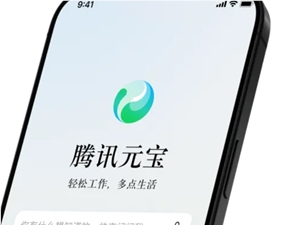IBM and the United Nations Development Programme (UNDP) recently announced the launch of two groundbreaking free AI interactive models designed to predict global energy access and simulate energy equity. This collaboration marks a significant step forward in the application of artificial intelligence technology in addressing global energy challenges.
The newly introduced Electricity Access Forecasting model utilizes AI technology to analyze population, urbanization, infrastructure, and satellite data, providing electricity access predictions for 102 countries up to 2030. Concurrently, the Clean Energy Equity Index, the first of its kind, employs AI statistical geospatial models to generate energy equity scores for 53 African countries based on environmental, social, and economic factors.

Image Source Note: The image was generated by AI, and the image is authorized by the service provider Midjourney
These two models, developed jointly by IBM, UNDP, and Stony Brook University, integrate advanced technologies such as IBM watsonx, IBM Cloud, and IBM Environmental Intelligence. They will be made available to the public for free through UNDP's GeoHub dashboard, providing valuable data support for policymakers and the general public, aiding in the formulation of more equitable and sustainable energy policies.
Justina Nixon-Saintil, IBM Vice President and Chief Impact Officer, emphasized that these tools demonstrate the potential of technology to have a lasting positive impact on the environment and communities. Laurel Patterson, Head of the UNDP Sustainable Development Goals Integration Group, stated that these solutions provide a solid evidence base for countries to make substantial progress in equitable energy transitions.
This collaboration not only showcases the application prospects of AI technology in addressing global challenges but also highlights the significant role of open data and technological innovation in driving the achievement of sustainable development goals. By offering these advanced models for free, IBM and UNDP aim to promote a more equitable and sustainable energy future worldwide, while providing countries with the necessary tools and insights to address the increasingly urgent energy and climate challenges.









